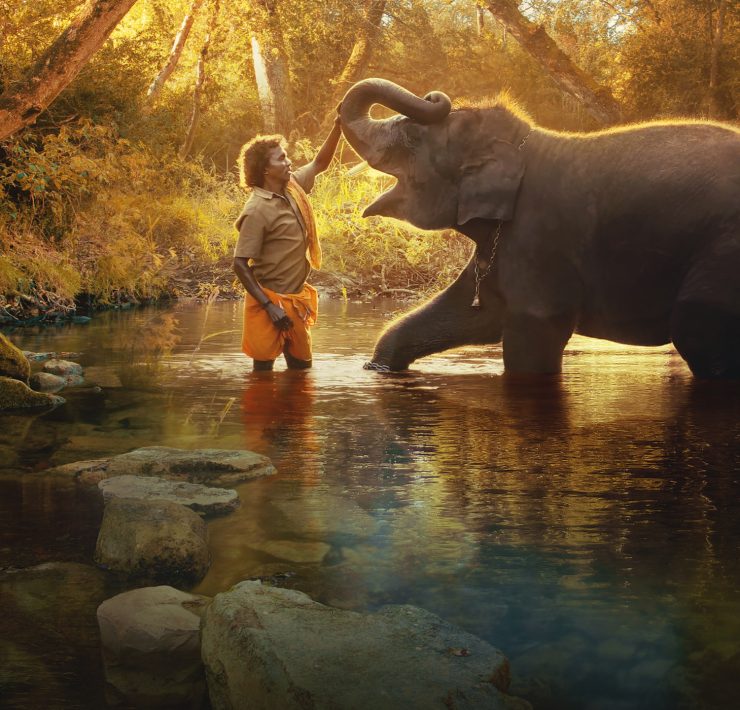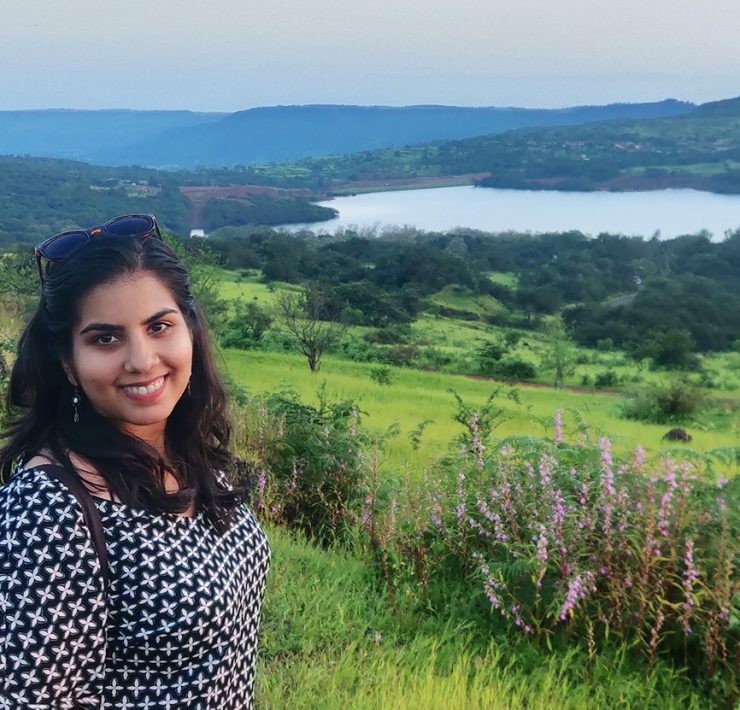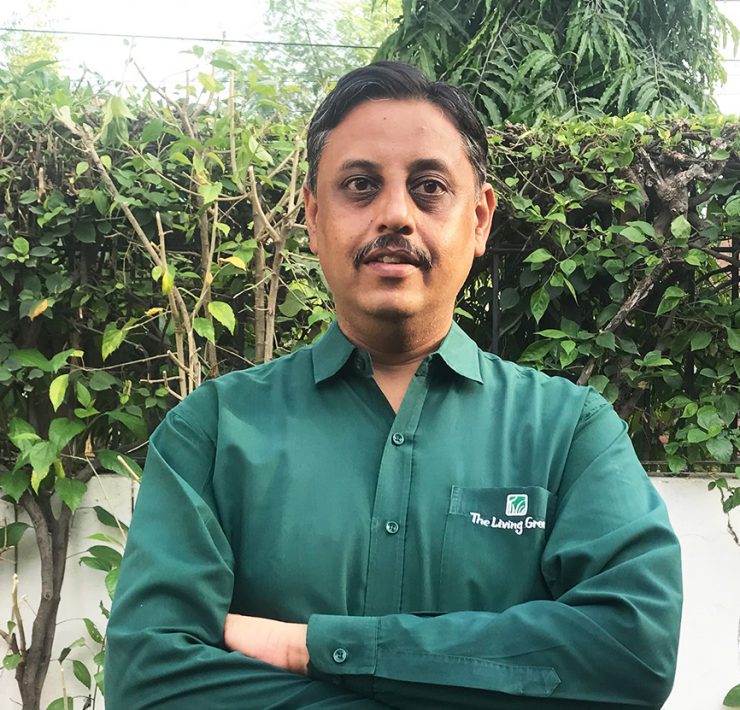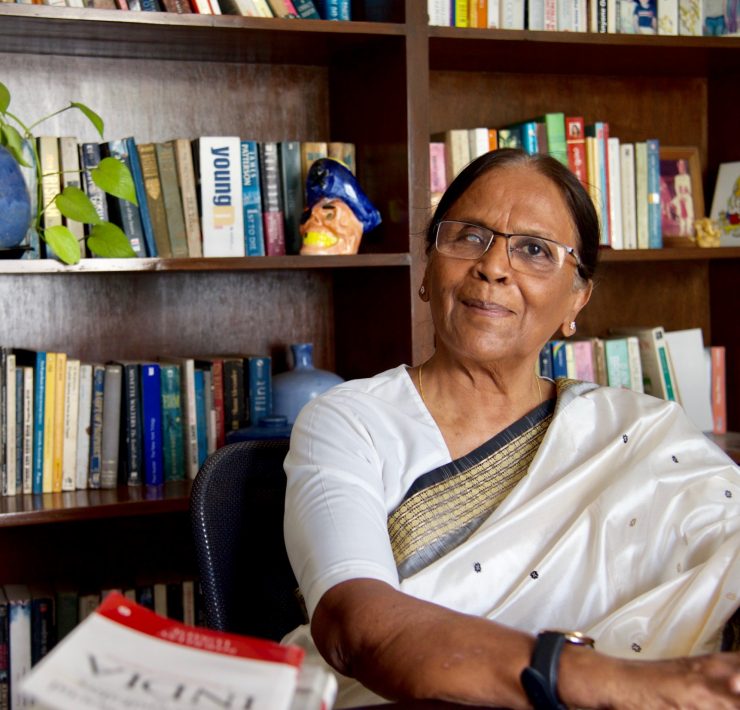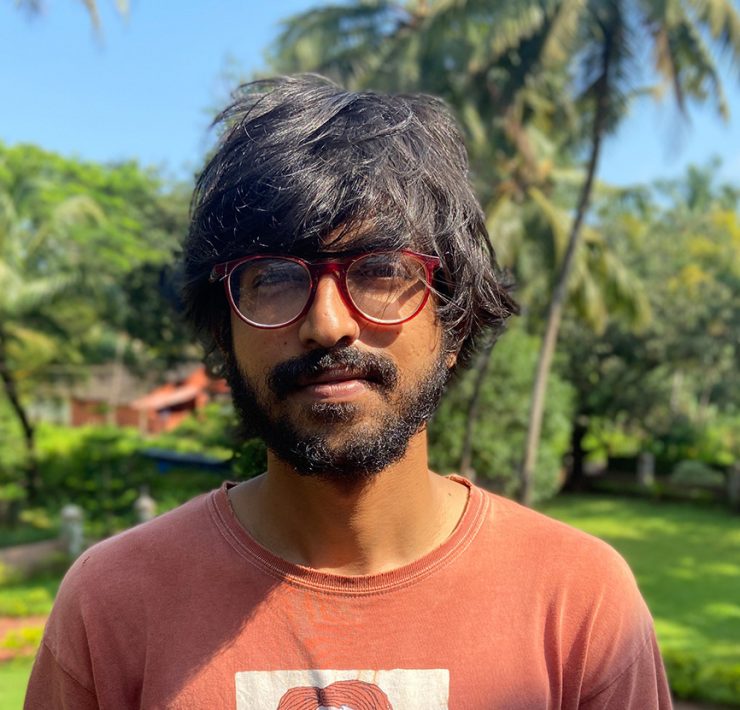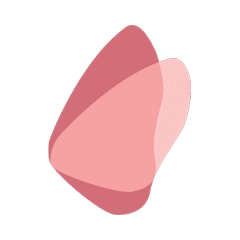Meet Karan – the music therapist you must lend an ear to
- Therapeutic music practitioner, Karan Sajnani speaks of healing sounds as the mindful, holistic and perhaps more effective alternative to Western medicine.

Neha is a literature, classic rock and football enthusiast with…
If you want to find the secrets of the universe, think in terms of energy, frequency and vibration.” The roots of sound therapy resound aloud in these words by Nikola Tesla. Whether we talk of the Big Bang – a vibration that gave birth to the Universe, or the Vedic concept of ‘Pranavam’ – the primordial sound; it is clear that sound is the origin of things as we know them. Modern science too agrees with what the ancient mystics believed — that everything is in a state of vibration, from the electrons moving around the nucleus of an atom, to planets and distant galaxies moving around stars.
Modern science too agrees with what the ancient mystics believed — that everything is in a state of vibration
An advocate of sound therapy for over a decade now, Karan Sajnani was introduced to music in the womb – his mother is an accomplished Veena artiste and his father played the guitar in a band, thus propelling Karan to learn the Tabla at the age of 6, followed by a life-long pursuit of gaining command over various musical instruments – the Western classical and jazz guitar, the digeridoo and the hand-pan to name a few. Besides recording solo ventures, Karan has also been a part of several notable rock bands. ‘’Ever since I first picked up my guitar at age 15 (the first instrument that I picked up out of my own accord), I was aware of its irreplaceable synchrony and harmony. I’ve had experiences playing on large stages where I could feel my guitar strings running through the entire audience’s collective minds – quite tangibly. Later on, when I met my guru Dr. Hareesh, these experiences gained perspective,’’ says Karan speaking about the founder of BPM Therapy and The Preventia Group. Karan heads the sound therapy wing at the group, called Satori. Formed a decade ago, it researches the healing applications of sound energy, based on ancient Indian practices – specifically Ayurveda.
“I’ve had experiences on stage where I could feel my guitar strings running through the entire audience’s collective minds”

Visible effects of sound therapy
One of Karan’s first exercises of experiencing the tangible effects of sound was in an animal shelter in Chennai. “Dogs in this shelter would come traumatised – cases of severe physical abuse, torture, victims of road accidents. The team did a great job of healing them physically, but their mental stress needed attention. When one group of dogs was calm, another would get agitated and howl. Within seconds the entire kennel would be in an uproar – and this would persist for hours. We worked with them continuously over three days to develop a calming soundtrack and the results were amazing. In another instance, a dairy farm approached us to increase the productivity of their cows. Through the use of suitable sound, the milk production of the cows remarkably improved. Although this project had vested commercial interests, it employed a mindful method, which is without the use of artificial chemical stimulation.’’
“Through the use of suitable sound, the milk production of the cows remarkably improved”
Taking on Western medicine
Karan explains that unlike Western systems of medicine like allopathy, which focus only on the physical side, the Vedic system employs the use of an integrated network of energies called ‘koshas’, which delve into the physical, emotional and intellectual aspect of an individual. A wholesome approach to healing, sound therapy, like Ayurveda, believes that an imbalance in one form or ‘prana’, can cause an expression in another. To put things in a Vedic context, Karan elaborates, “The term ‘nada’ is more suitable to use than sound. In Western science, the phenomenon of sound is limited to that of a pressure wave. The Vedic perspective encompasses a wider view where sound is divided into four portions – Para, Pasyanthi, Madhyama and Vaikhari. Out of these four, Vaikhari is the only one eligible to our gross senses. The remaining three are generated within the body and are the cause of the audible sound. We use four forms of sound, to control the psycho-linguistic, neuro-linguistic and physiological resonance. Our system of sound energy management can directly interact with the body at a gross and subtle level.’’
“Our system of sound energy management can directly interact with the body at a gross and subtle level.’’

Works wonders for Autism
An area where the effects of sound therapy show profoundly as compared to the effects of Western medicine is when it comes to Autism. Autism is classified as a neuro-developmental disorder, the causes of which remain a mystery till date. Since the causes are unknown, current interventions are at best, attempts at addressing the symptoms. “The causes however, become quite apparent when viewed through the prism of Indian systems of medicine. Our research finds that people with autism have one common trait – an unusually excessive amount of energy concentration in the subtle body. This manifests visibly as hyper/hypo sensitivity, violent outbursts and sometimes, exceptional intellectual skills that challenge human boundaries. Sound energy channelizes and regulates this excess energy. The institutes where we worked said that in a few months’ time, their children showed improvement that was usually seen in a span of years. We’d most often see the reduction of self-stimulatory behaviors; increase of continuous concentration and even balance of neuro chemistry. It is the most rewarding.’’
“Sound energy channelizes and regulates excess energy”

It’s hard to end a meeting with a person with as much to learn from as Karan. While having this conversation, he’s been languidly strumming on the guitar, while petting his cat every couple of minutes. He’s headed to a recording after our meeting, but there is no sense of urgency or unrest. Karan seems truly content. ‘’I realize that it is a rare privilege for an individual’s vocation to be the same as their passion. I see music as not different from life itself. I often see life, people, occurrences and everything around as a symphony. Our role is to listen well and play the right notes at the right time, just as a good musician would do in an ensemble.’’ he surmises.
Neha is a literature, classic rock and football enthusiast with a love for travel. A full-time Mommy Blogger, you’ll often find her reading to her daughter or looking up the best substitute to anything plastic!

